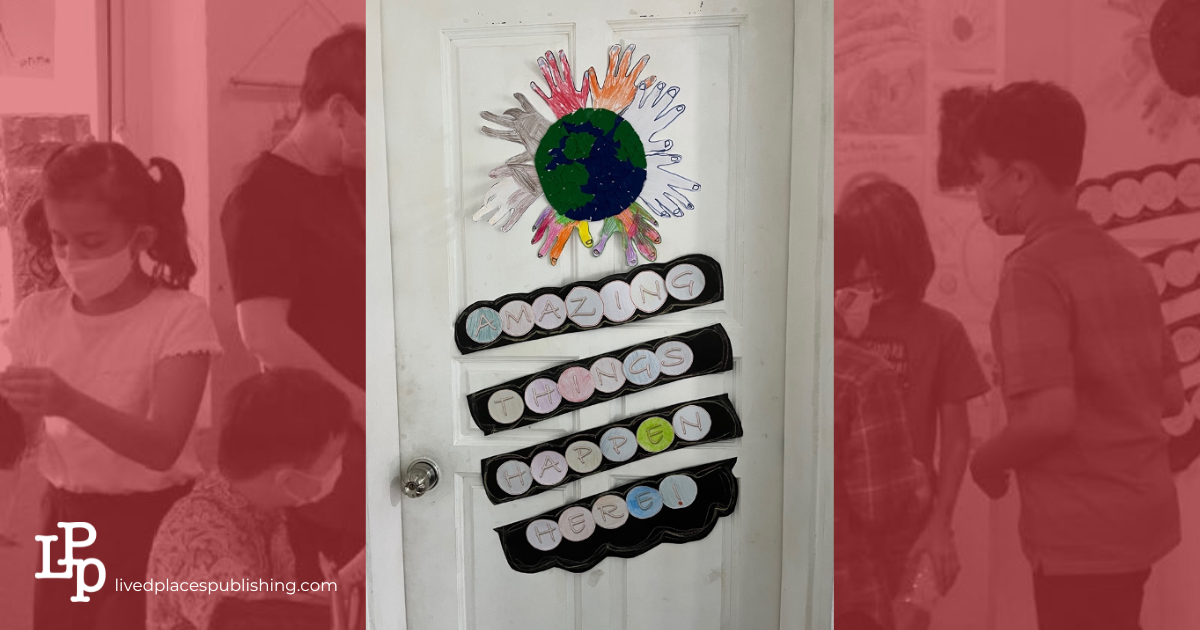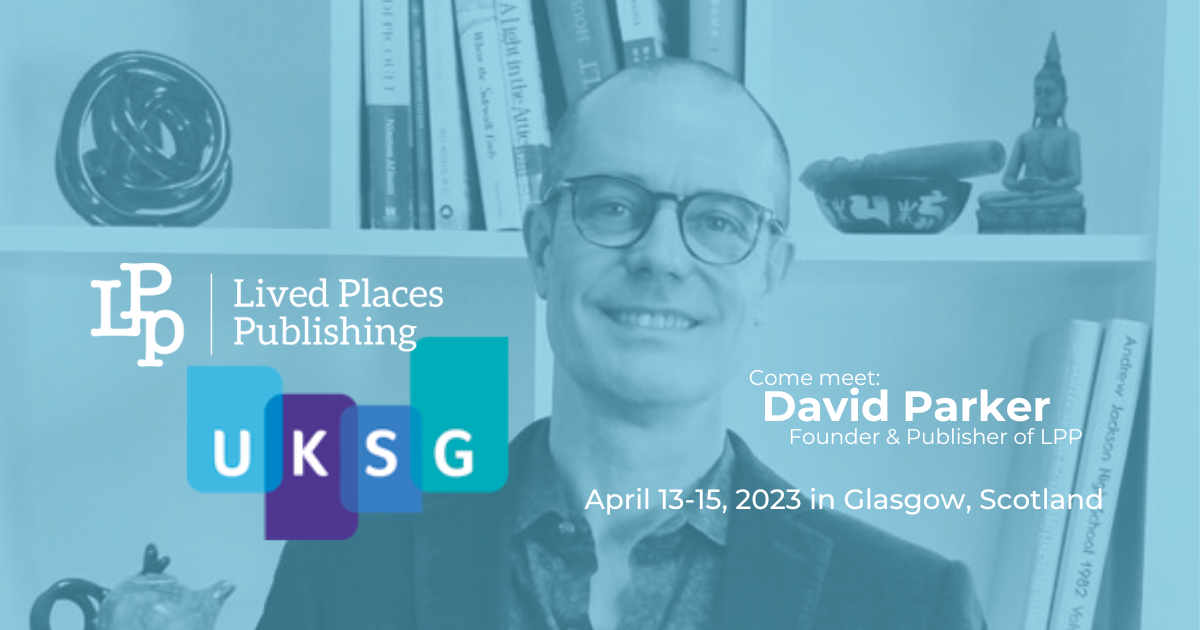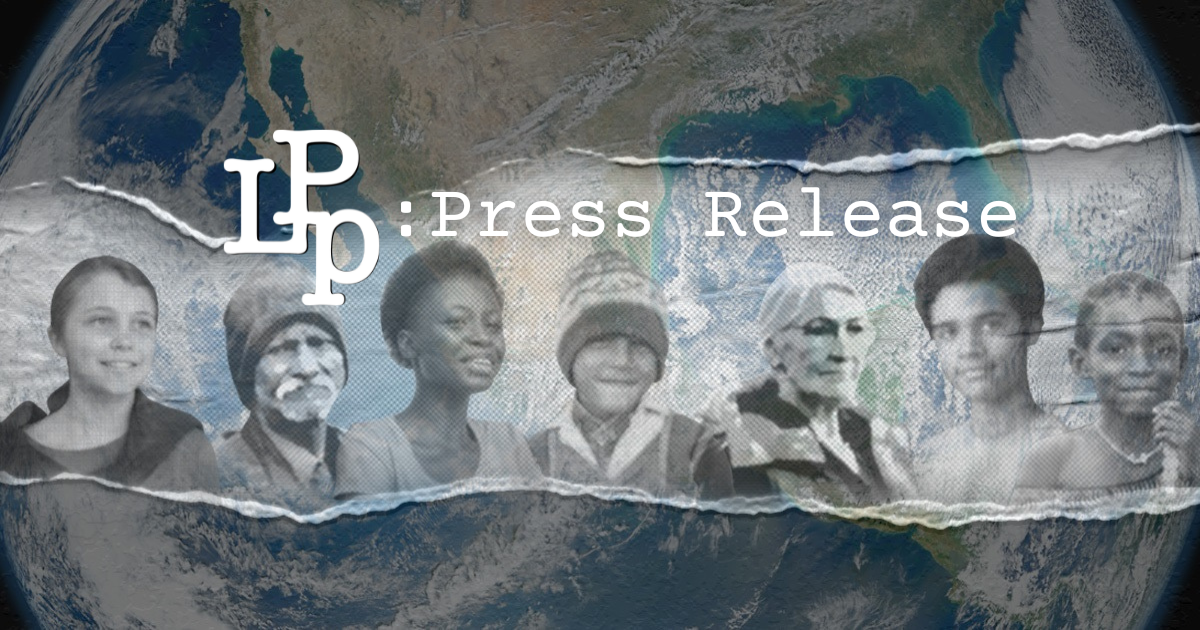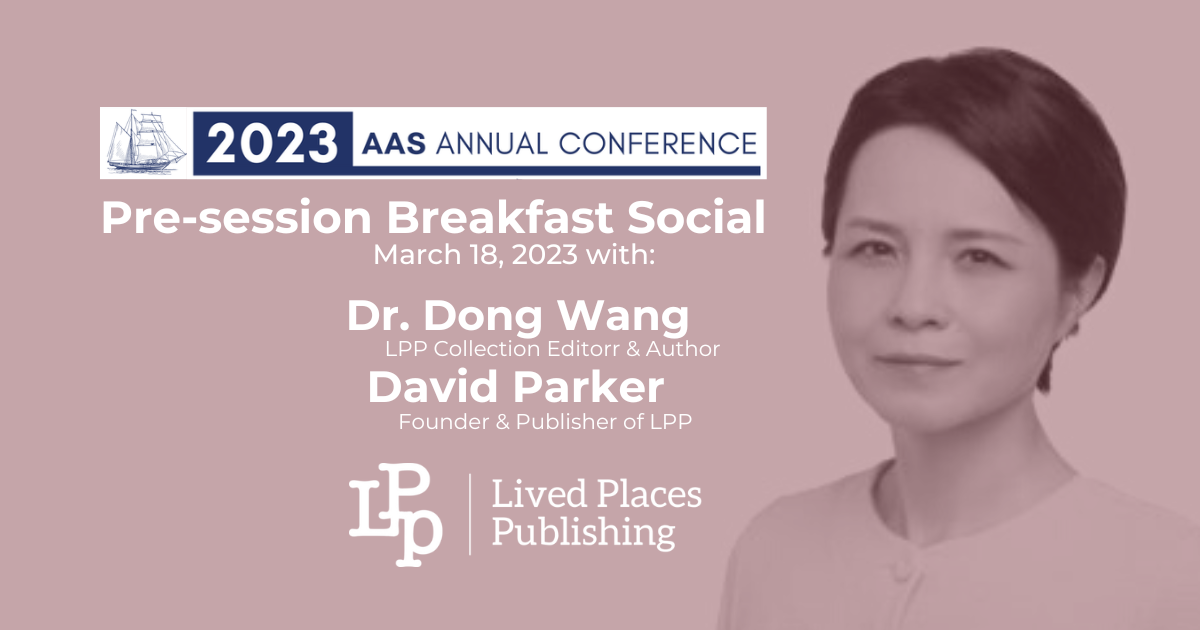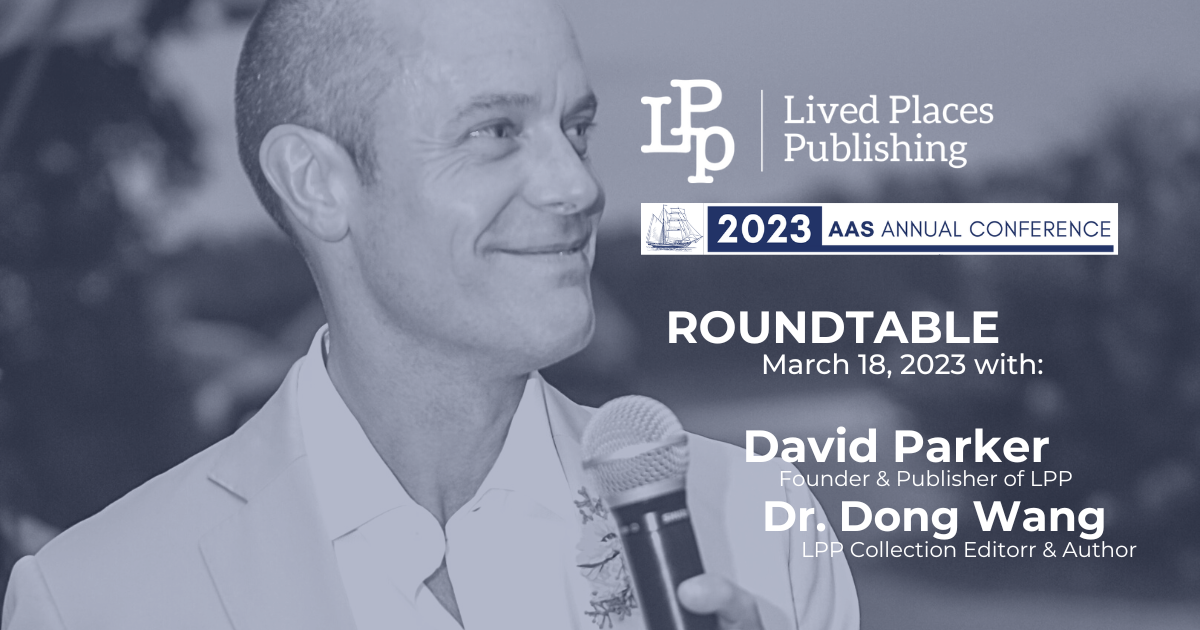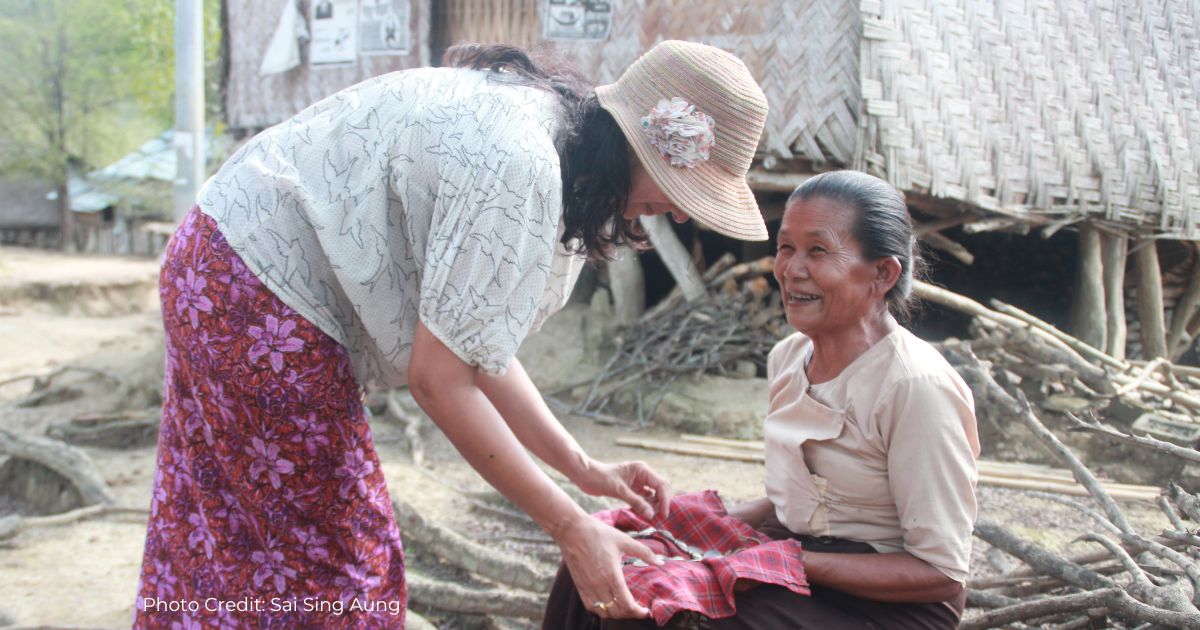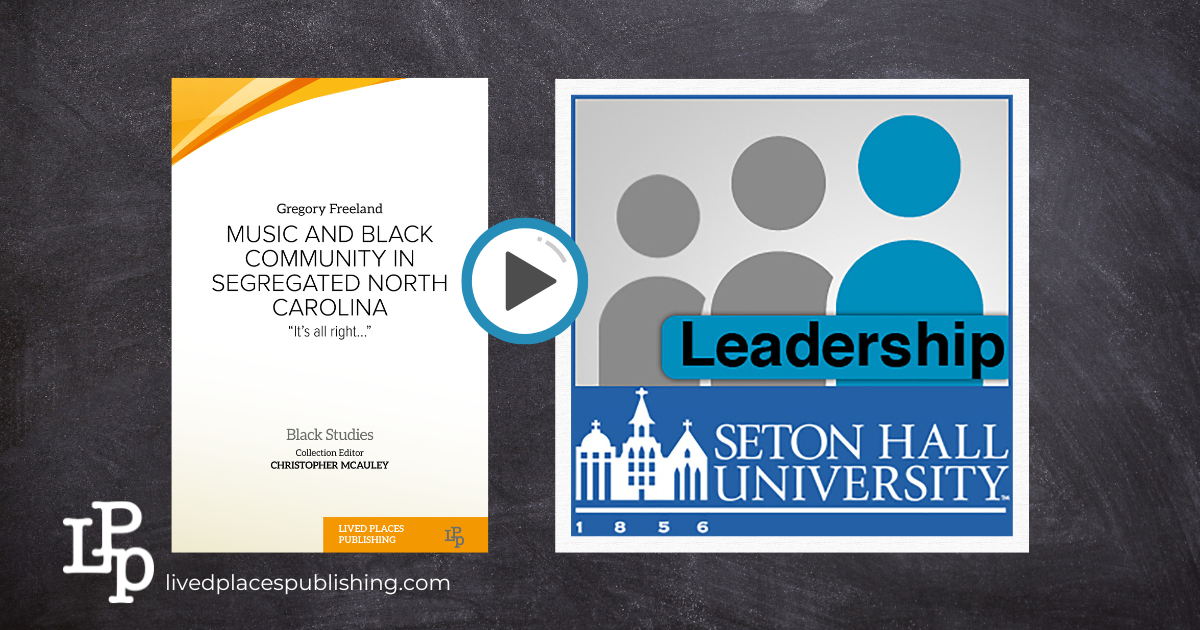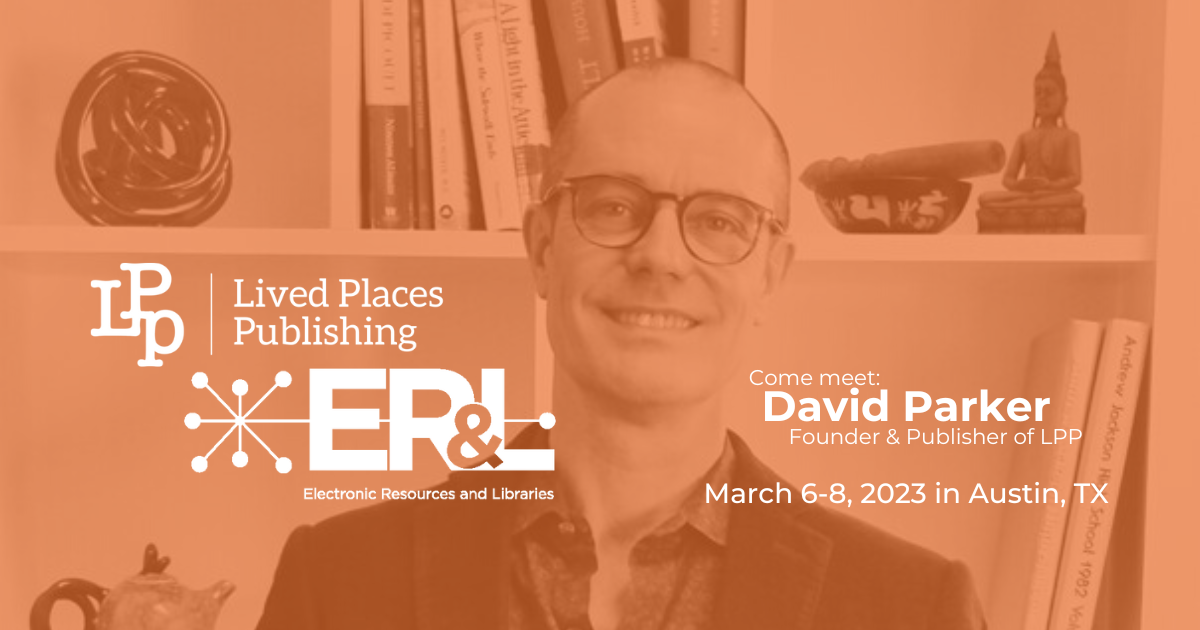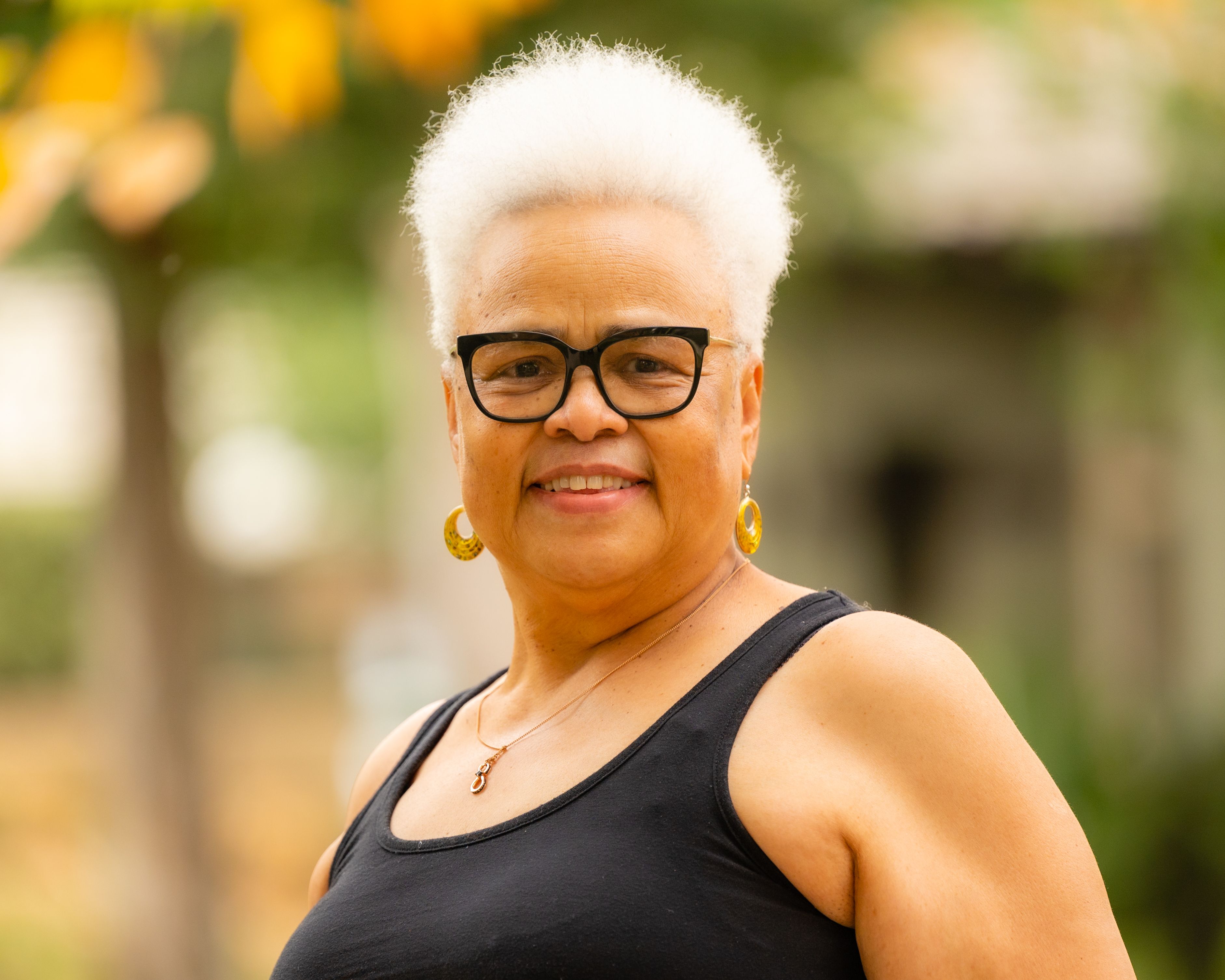How a Book is Made
How does a book go from a bunch of Word documents to a printed and bound volume? The LPP team outline the stages of the book production process.
Ending Educational Inequities
The COVID-19 pandemic reproduced forms of educational exclusions by reiterating a “grammar of schooling”, yet it also offered an opportunity for teaching professionals to use their creativity and brilliance to rewrite it. Pushing back on educational inequities, these stories offer hope of more just and inclusive classrooms now and in the future.
Come Meet David Parker at the UKSG 46th Annual Conference and Exhibition in Glasgow
Lived Places Publishing (LPP) will be exhibiting at this year’s UKSG Conference in Glasgow, Scotland, April 13-15.
Lived Places Publishing Announces First Three Books in their Disability Studies Collection
Lived Places Publishing is proud to announce the release of the first three books in their Disability Studies Collection, aimed at promoting a deeper understanding of disability issues and advocating for a more inclusive society.
Pre-session Breakfast Social: Special Invitation for Attendees | AAS 18 March 2023
LPP Collection Editor and Author Dr Dong Wang and LPP Founder David Parker invite you to a pre-session celebration at the Association for Asian Studies (AAS) Conference in Boston, MA.
Roundtable Discussion: Teaching and Publishing in Asia and Asian Studies | AAS 3/18/23
LPP Collection Editor and Author Dr Dong Wang and LPP Founder David Parker will be participating in a roundtable discussion at the Association for Asian Studies (AAS) Conference in Boston, MA.
To Assimilate or Not to Assimilate: An Anthropologist's Lived Experience
Lived Places Publishing author Dr. Farhana Hoque talks about the “Cycle of Rejection” and the reasons that an immigrant might resist assimilation into their new culture.
Gregory Freeland Interviewed on the “Leadership with Darrell W. Gunter” Show
Lived Places Publishing author Gregory L. Freeland was interviewed about his book, Music and Black Community in Segregated North Carolina.
David Parker at ER&L in Austin Mar 6
Come Meet David Parker at the Electronic Resources and Libraries (ER&L) Conference, Austin, TX
The Role of Anthropology in the Fight for Social Equity
Anthropology is an ethnographic opportunity to record culture by observing and documenting the complexities that define neoliberal social imbalance. Linda Jean Hall recounts how her lived experiences as a descendant of African heritage in North and South America inform the ways that she teaches, writes, and practices active and transdisciplinary Cultural Anthropology.
Topic Areas
- Disability Studies
- Announcements
- Fashion and Personal Style Studies
- Forced Migration
- Carceral Studies
- Asian Studies
- Cultural Anthropology
- Emergent Entrepreneurship
- Queer and LGBT+ Studies
- Latinx Studies
- Education Studies
- Black Studies
- Author Posts
- Perspectives
- Interviews
- Publishing Process
- Publishing Mission
- Seminars
- Press Releases
- Meet the Team
Recent Posts
Lived Places Publishing Announces the Launch of Intersections: Identity and Place
Faculty are increasingly asking campus libraries to provide materials from a broader, more diverse range of authors and subject areas. LPP exists to support librarians and faculty in this goal with a new Collection of 105 ebooks designed as course readings called Intersections: Identity & Place.
Lived Places Publishing at the 2024 Charleston Conference
David Parker will be presenting at The Charleston Library Conference in Charleston, SC on a panel of three publishers (non-profit and commercial) about how to use data & analytics to advance more equitable and inclusive publishing models.
Healthy Creative Outlets for Anger, Anxiety, and Frustration
by Anne Cecil
The power of creative expression is a tool for young people to process and reflect on their realities. Whether through art, writing, or music, fostering these outlets can empower them to confront complex issues and find their voice amid the noise.
How to Inspire and Sustain Creative Resistance
by Cindy Horst
How do we remain hopeful to maintain ‘the energy to act’ when confronted with a daily onslaught of visual evidence of the worst in mankind? This requires a shift from an individual to a relational ethics that strengthens our response-ability.
Why Female Entrepreneurs Get Significantly Less Startup Funding than Men
While women own more than 40% of all businesses in the US, female founders receive significantly less in funding. There are steps we can take to close this funding gap for women in business.
The Forgotten in Care Homes: Older People with Dual Sensory Impairment
Older people who live with combined hearing and vision loss (also called dual sensory impairment) are not being recognised, diagnosed and supported due to low levels of awareness among community and staff. A donate-a-book program to a care home is one innovative way to get information into care facilities.

